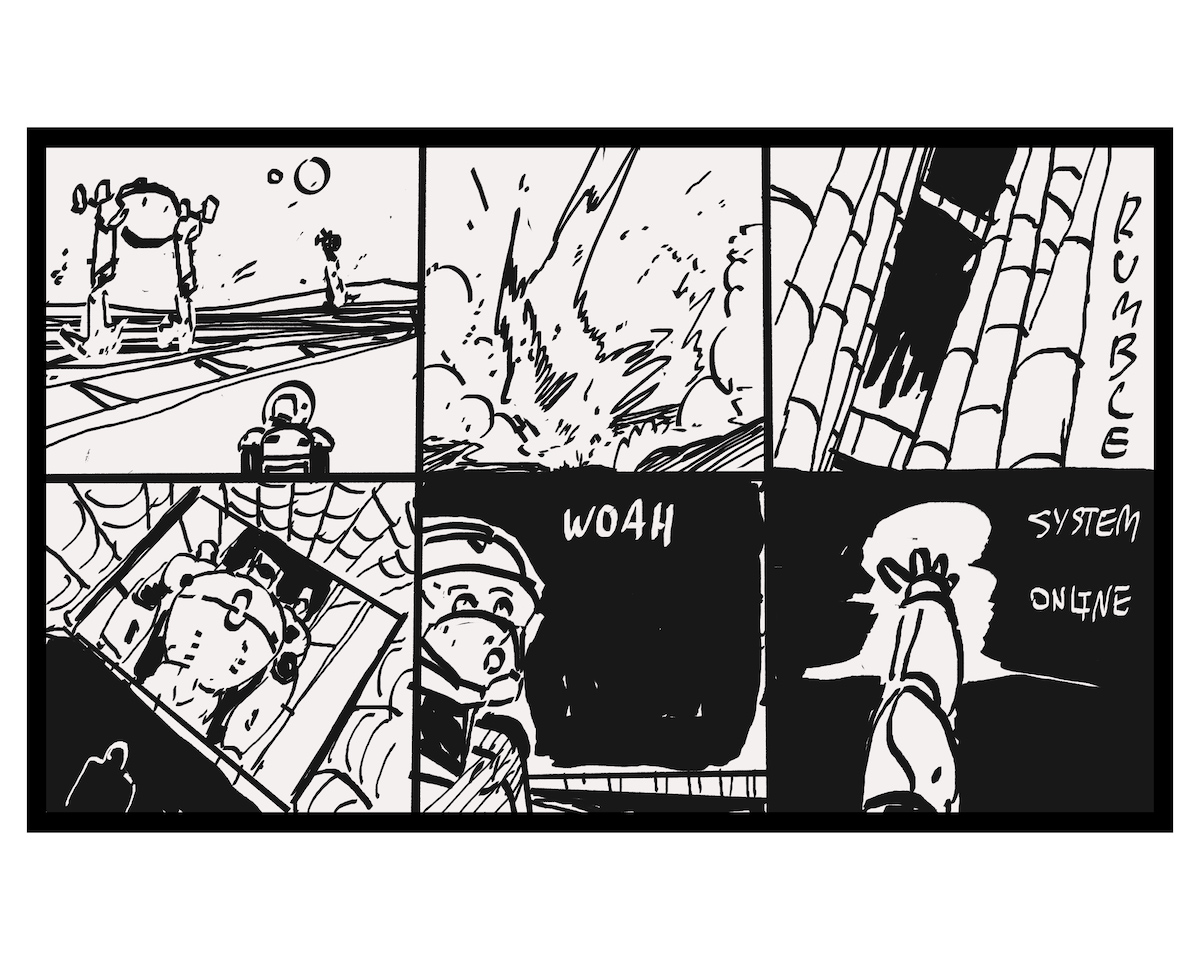Bush administration livin’ on a prayer
At a recent news conference and in a new book by Bob Woodward, President Bush conveys a sense that when it comes to foreign policy, he’s on a mission from God.
“I also have this belief, strong belief, that freedom is not this country’s gift to the world. Freedom is the Almighty’s gift to every man and woman in this world,” Bush said during a news conference last week. “And as the greatest power on the face of the Earth, we have an obligation to help spread that freedom.”
Nearly four years into his presidency, Bush’s strong Christian beliefs are well known. But through Woodward’s book, and the president’s own words, Americans are learning how Bush’s faith drives his decisions, political and religion experts said.
“Clearly what I’m hearing … is a sense of religious calling, and not even around the mission or goal of the country,” said Robin Lovin, a Southern Methodist University ethics professor and former dean of the university’s divinity school. “But a sense of religious calling for the policies of this president.”
In “Plan of Attack,” Woodward’s book, Bush describes praying after giving the go-ahead to launch the war against Iraq. The president told Woodward he wasn’t praying to “justify war based upon God.”
“Nevertheless, in my case I pray that I be as good a messenger of his will as possible,” Bush told Woodward.
The president’s revelations have made some uneasy. Independent presidential candidate Ralph Nader on Monday called Bush a “Messianic militarist” for mixing religion and policy in his public statements and interviews about the U.S. role in Iraq.
“He’s an unsuitable officeholder,” Nader said. “Talk about separation of church and state; it’s not separated at all in Bush’s brain. We want him to make decisions as a secular president.”
White House officials dismissed Nader’s claims. “The president talks about the principle of the separation of church and state and how it is a bedrock cornerstone of our democracy,” said Trent Duffy, a White House spokesman. “He does believe that deeply. Having said that, he has a strong personal faith, but he leaves that at the residence before he enters the Oval Office.”
The danger of injecting God into the Iraq war, Nader said, is further angering a Muslim world that already distrusts U.S. policies and motives. “Anybody with a stable approach to this would keep his mouth shut,” Nader said.
Shortly after Sept. 11, 2001, Bush angered many in the Muslim world by calling the war on terrorism a “crusade,” which they equated to the medieval efforts by Western Christian crusaders to stem the spread of Islam.
The White House said the president regretted using the term. But it resurfaced last month in a Bush-Cheney campaign letter that praised the president for “leading a global crusade against terrorism.”
Bush-Cheney campaign Chairman Marc Racicot acknowledged the letter Sunday and stressed that its intent was “focused upon the single-minded efforts of the president … to undertake a mission to liberate people and protect the cause of freedom.”
Bush’s mix of religion and policy could be harming the United States’ ability to get more international help in Iraq, according to James Hudnut-Beumler, the dean of Vanderbilt University’s Divinity School.
“It probably further damages prospects for the internationalization of the Iraq solution,” Hudnut-Beumler said. “Almost nowhere else would a head of government actually speak about the Almighty being the reason for the push of a foreign policy aim. While (Bush’s) words just about passed unnoticed here, I guess in places as close as Ottawa, they clunked.”
American presidents who infuse religion into politics aren’t new. Thomas Jefferson, a stickler for the separation of church and state, wrote of “the Laws of Nature and of Nature’s God” in the Declaration of Independence.
On the Civil War, Abraham Lincoln spoke of a neutral God. “It’s quite possible that God’s purpose is something different from the purpose of either party,” he said.
In more recent times, Presidents Woodrow Wilson and Jimmy Carter were known for their deep religious convictions. In his second inaugural address, Wilson mentioned God three times and noted that he prayed for wisdom and the “prudence to do my duty.”
But Bush appears to be taking religion and policy in a different direction, said John Kenneth White, a political science professor at Catholic University.
“It certainly seems as though when you read the statements that God is using him for a particular purpose,” White said. “It’s a very fine line between church and state, and (Bush is) coming up to the very edge.”




